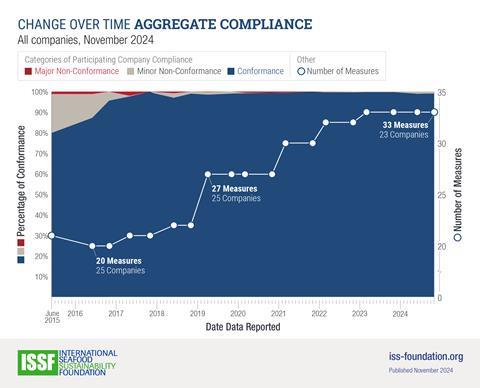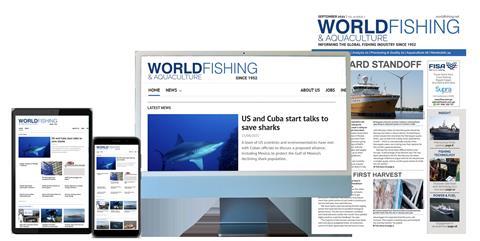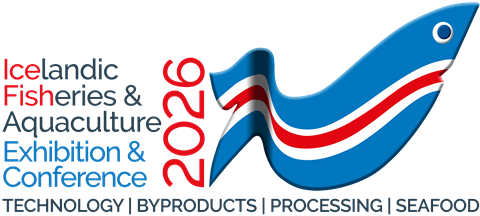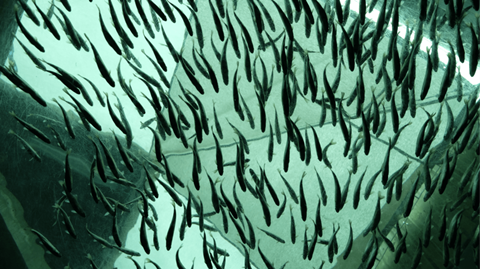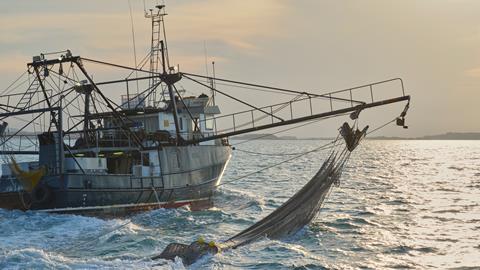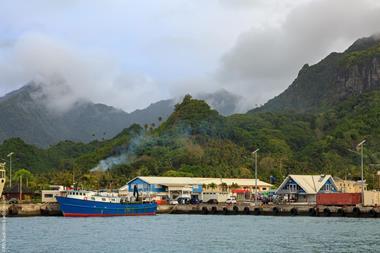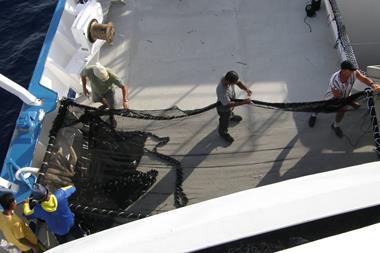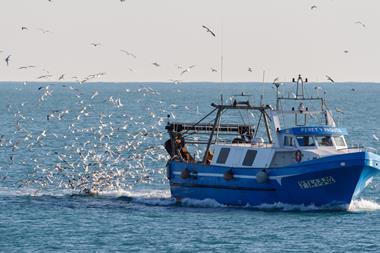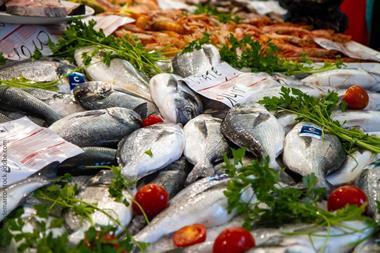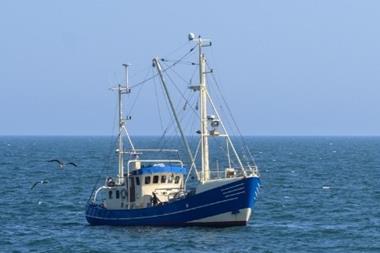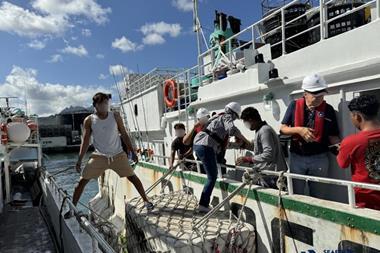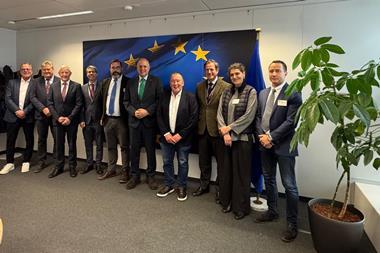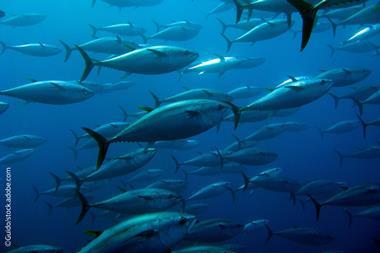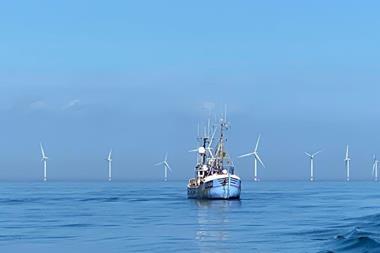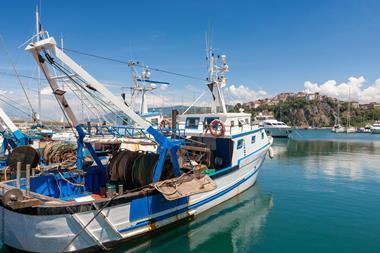A conformance rate of 99.1% has been achieved to all 33 International Seafood Sustainability Foundation (ISSF) conservation measures in effect by the global coalition’s 23 participating companies, according to the latest Update to ISSF Annual Conservation Measures & ProActive Vessel Register Compliance Report.
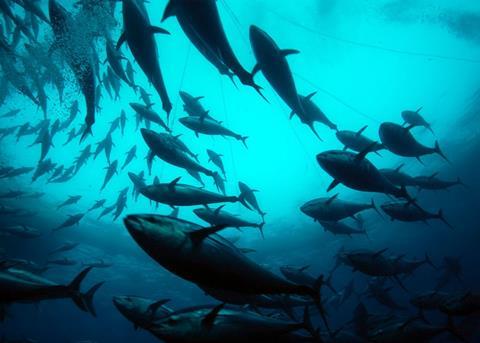
The new report updates the previous edition, published in June 2024, and reflects efforts by ISSF participating companies to improve on those instances where less than full compliance was achieved. Remedial audits, if any, take place between June and October each year against measures for companies with minor non-conformance or major non-conformance.
Following the remediation period since the annual compliance report in June 2024, 17 of 23 companies fully complied with 33 audited measures, five companies had one minor non-conformance, and one had two minor non-conformances. The 99.1% conformance rate is a slight increase from 98.95% in June.
ISSF engages third-party auditor MRAG Americas to assess ISSF participating seafood companies’ compliance with ISSF conservation measures according to an audit protocol.
“The transparent and independent auditing process our participating companies and vessels volunteer to undergo builds on the foundation of accountability that makes our conservation measures effective – and helps to hold other industry players to high standards,” ISSF President Susan Jackson said. “ISSF participating companies and vessels make the continuous improvement of global tuna fishery sustainability a key part of their business operations by individually committing to conservation measures and providing transparency into ongoing efforts and progress.”
ISSF’s report also includes the aggregate compliance rate of vessels listed on its ProActive Vessel Register (PVR). That data – reported as of 31 December 2023 – is unchanged from the June 2024 report. For PVR-listed vessels, the report shows an aggregate compliance rate of 76% with the 12 ISSF conservation measures that directly address vessel activity, including RFMO participation; transactions with vessels that use only non-entangling FADs; vessel-based FAD management policy; and observer coverage, for example.
Its PVR is one of four public vessel lists ISSF provides to foster transparency in tuna fishing.
The November 2024 report is based on updates to the initial audit results published in June 2024, which showed six companies had one minor non-conformance with conservation measures in the prior year, and one company had two minor non-conformances.
The update tracks ISSF participating companies’ progress in conforming with ISSF conservation measures, such as:
- Demonstrating the ability to trace products from can code or sales invoice to vessel and trip
- Submitting quarterly purchase data by vessel, trip dates, species, size and other data to RFMO scientific bodies
- Transactions only with those longline vessels whose owners have a policy requiring the implementation of best practices for by-catch mitigation of sharks and marine turtles
- Establishing and publishing policies to prohibit shark finning and avoiding transactions with vessels that carry out shark finning
- Conducting transactions only with purse seine vessels whose skippers have received science-based information from ISSF on best practices such as reducing by-catch
- Avoiding transactions with vessels that are on an RFMO IUU fishing list
MRAG Americas also issues individual ISSF participating company reports that detail each company’s compliance with the ISSF conservation measures for the year. These will include any update reports, published throughout the year, that explain how individual companies have remediated any non-conformances on the conservation measures.
